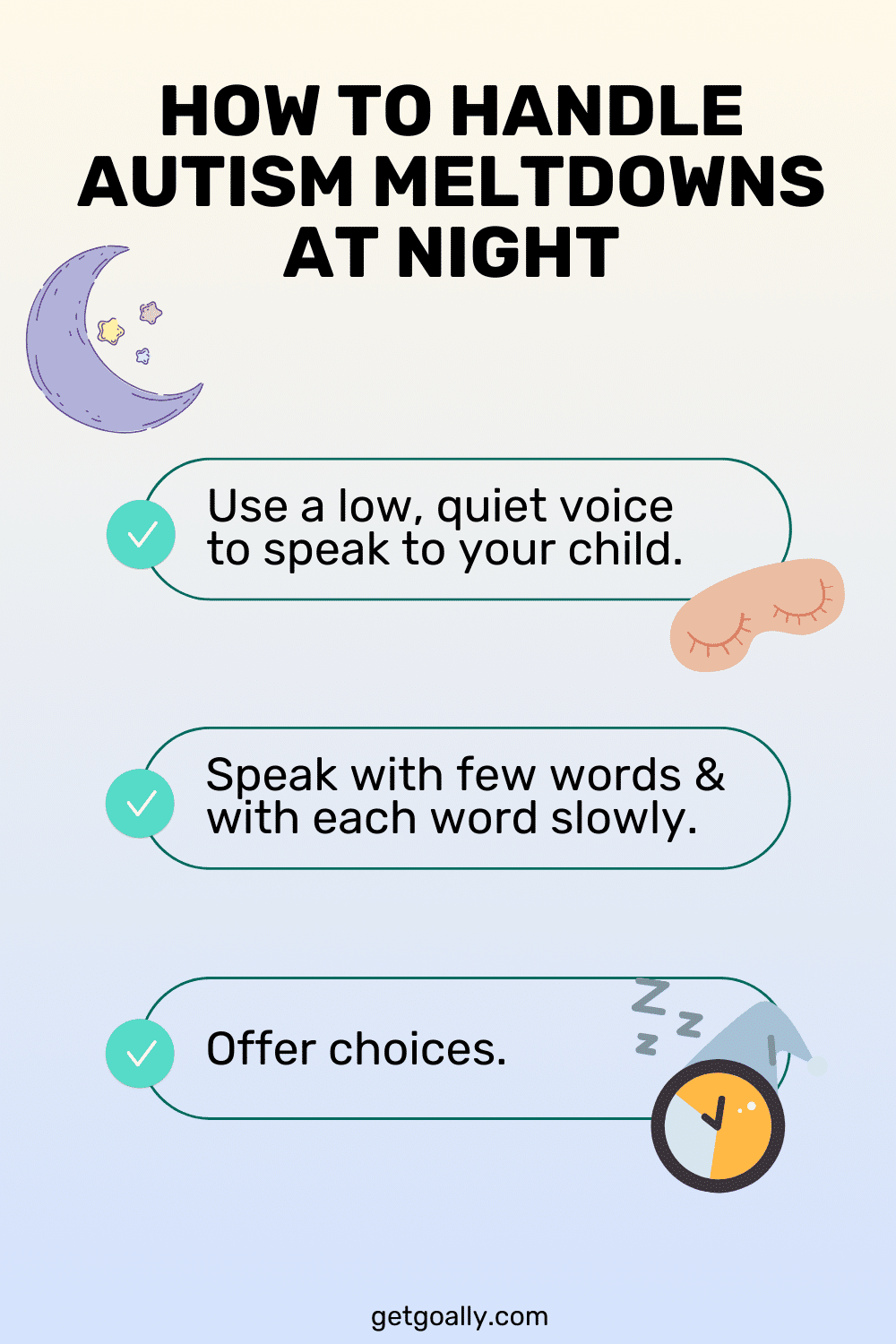Some children may experience temper tantrums more frequently or intensely due to certain underlying conditions. Here are some conditions that may be associated with temper tantrums:
- Autism spectrum disorder (ASD): Children with ASD may struggle with communication and social interactions, leading to frustration and tantrums.
- Attention-deficit/hyperactivity disorder (ADHD): Impulsivity, difficulty regulating emotions, and heightened sensitivity can contribute to tantrum episodes.
- Sensory processing disorder (SPD): Over or under-reactivity to sensory stimuli can trigger overwhelming emotions and tantrums.
- Oppositional defiant disorder (ODD): Children with ODD exhibit defiant behavior, which can escalate into temper tantrums when faced with limits or rules.
- Anxiety disorders: Anxiety can lead to heightened emotional reactions and tantrums in children.
In conclusion, understanding these underlying conditions can help parents and caregivers provide appropriate support and strategies to manage temper tantrums effectively. Goally, our tablet, helps kids with temper tantrums through fun apps that teach life skills, language development, and emotional regulation, reducing tantrums.
This post was originally published on Feb. 18, 2023. It was updated on July 20, 2023.














